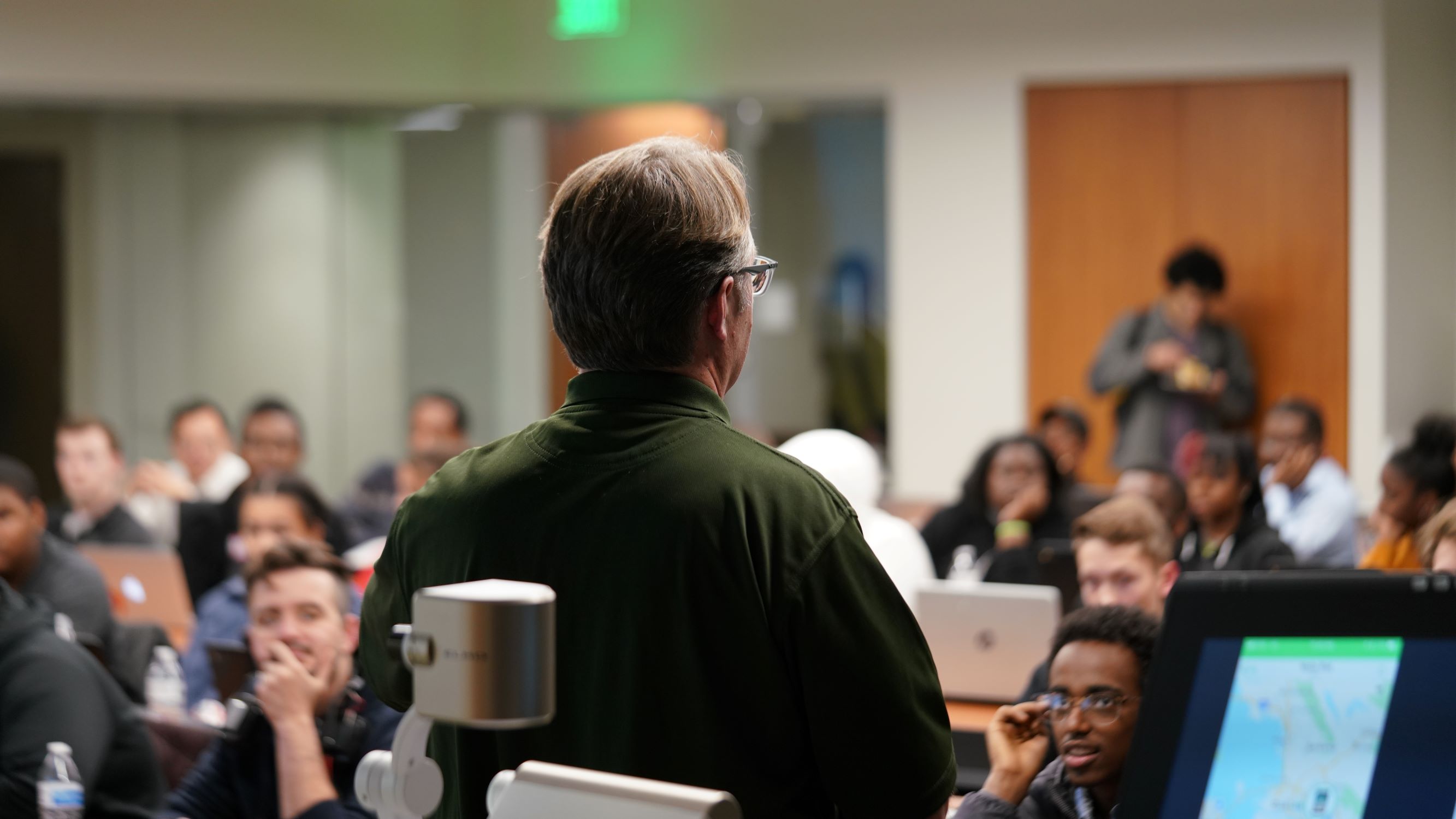 I went to one of those membership clubs yesterday to buy enough product in bulk to last through the apocalypse.
I went to one of those membership clubs yesterday to buy enough product in bulk to last through the apocalypse.
While shopping I stopped at a product sample stand and took more than one sample. Before I moved on I asked the sample-providing employee, “Where are the pastries?”, because you can never have too many pastries for the apocalypse. I was surprised when her response was, “Oh, I don’t know. You will have to ask a store employee. I’m an employee of the promotions company, not the actual store.”
What?! There stood this sample-providing person behind a store-branded kiosk, wearing a store-embroidered apron but she was not an employee of the store?
Now I don’t think there’s anything wrong with branding the promotions company with the store logo. It actually makes sense that a major retailer who specializes in selling bulk product at low prices would outsource the sampling of their products to a third-party promotions company.
What struck me as wrong was the fact that the promotions company had not empowered their sample-providing employees to be product guides for wandering shoppers. That’s like a pizza delivery guy saying, “I can’t give you directions because I don’t live in this neighborhood. I only deliver here.”
This same mistake is often made by organizations with their social media.
Many companies use social media solely to promote their products and services, such as, a sale, an event, or a special buy. Churches, with which I mostly work, often only promote service times, message series, and giving opportunities. In doing so, companies and churches miss the chance to be a broader resource for their followers.
Just like the sample-provider could be a broader resource to shoppers by knowing the product placement in a store, so an organization can be a resource to their followers by pointing them to useful content beyond the company’s services.
Paul Pruneau calls this becoming a YOUtility. He says, “If you want to succeed with online marketing today, you need to become a YOUtility to your prospects and customers. As a continuous provider of education, insights and entertaining content…a YOUtility can become the trusted online destination that attracts visitors and keeps them coming back.”
In other words,
Here are a few YOUtility examples:
A branding consultant recently tweeted this educational link to a teacher (my wife):
Hey @BeckiMJohnson – familiar? MT @HiddenBrain: High IQ kids appear to have different learning trajectories as #teens http://t.co/lBfYRdZhkE
— Melissa Hawks (@MelissaHawks) September 23, 2013
A church retweeted a follower’s marriage resource:
MT @BSmithOnPurpose: "@MarriageMax: "The grass is greener where you water it" @Carmen_Cartel #Marriage #Love #Relationship"
— LifeCentral (@Life_Central) September 23, 2013
A therapist shared a bloggers tips for getting out of bed:
Awesome! RT @bringingcomfort: NEW POST: Getting Out of Bed. 5 Ideas to Help When It's Hard… http://t.co/tFOvFkYsyt #caregiving #selfcare
— Dr. Anita Sanz (@sanzplans) September 24, 2013
Each of these examples show social media being used to point followers to valuable content beyond the organization or person’s expertise. That’s YOUtility.
The more an organization is seen as a YOUtility to guide people to USEful content the more people will come to trust that organization and its services.







